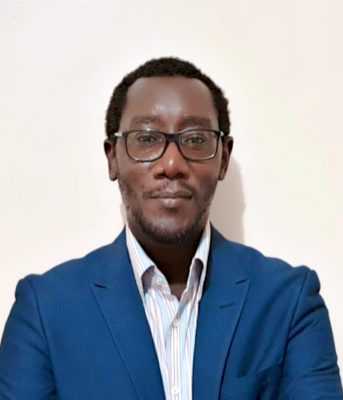The Connecticut Institute for the Brain and Cognitive Sciences (CT IBACS) is pleased to announce a new call for applications to its seed grant fund.
The seed grant program is intended to fund research consistent with the IBACS mission. Large Seed Grant applications (>$10,000 but <$25,000) are time-limited to accommodate GA assignment; the Fall deadline is October 1st, 2022. Please submit letters of intent as soon as possible, but at least 2 weeks prior to the seed grant application deadline (by 9/16/22), to allow time for review and feedback prior to submission of the full proposal.
A reminder that our Spring deadline will be April 1st, 2023. Small Seed Grant applications (<$10,000) are accepted on a rolling basis until funds are exhausted.
Seed funding is intended to support direct research costs such as supplies, participant fees, animal costs, and student support. Review criteria seek innovative, novel, and collaborative projects in the field of brain and cognitive sciences. Postdocs can also apply, with a faculty mentor as co-PI. Undergraduates are directed to separate academic/summer funding. Full details on the seed grant program, including applications (letter of intent and full seed app) and allowable costs, please check our website.
The Institute also invites applications for affiliate memberships.
Any questions should be directed to the Institute Coordinator, Crystal Mills at crystal.mills@uconn.edu or (860) 486-4937.
